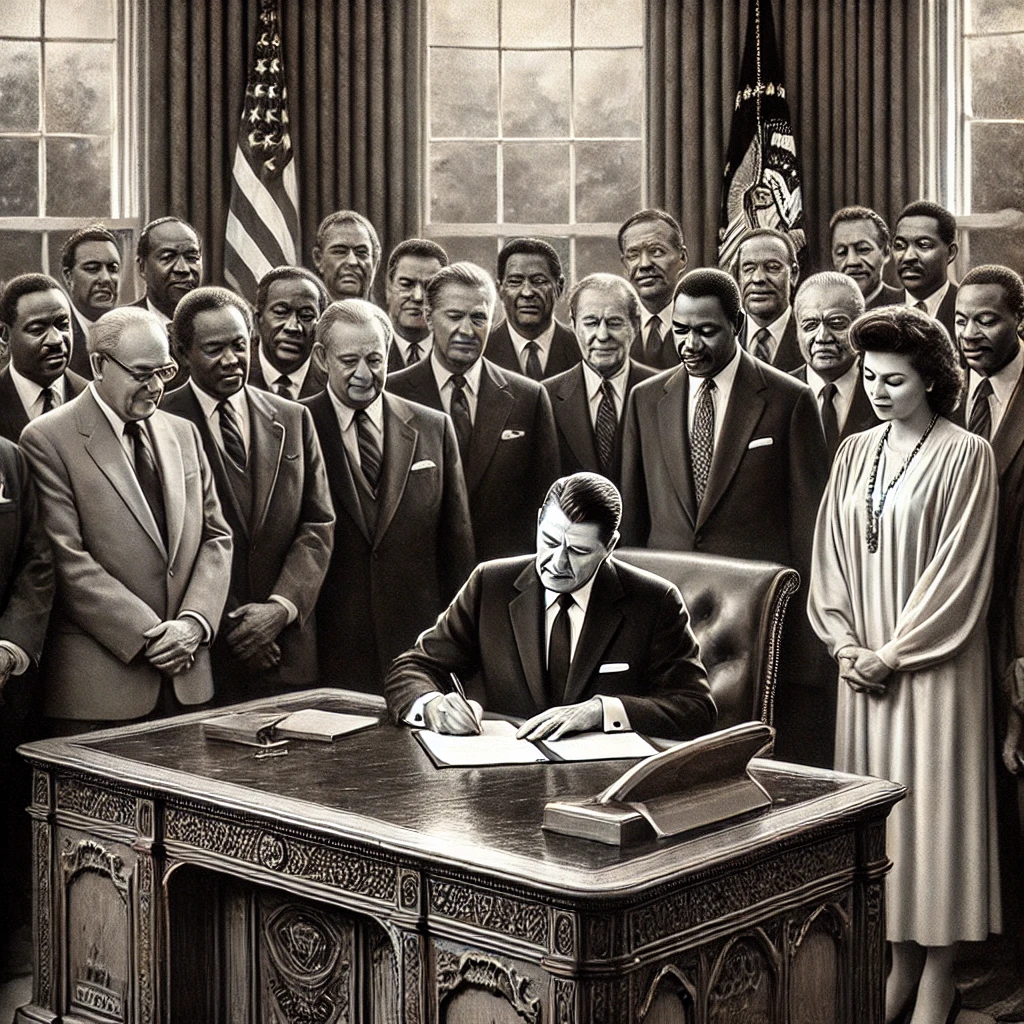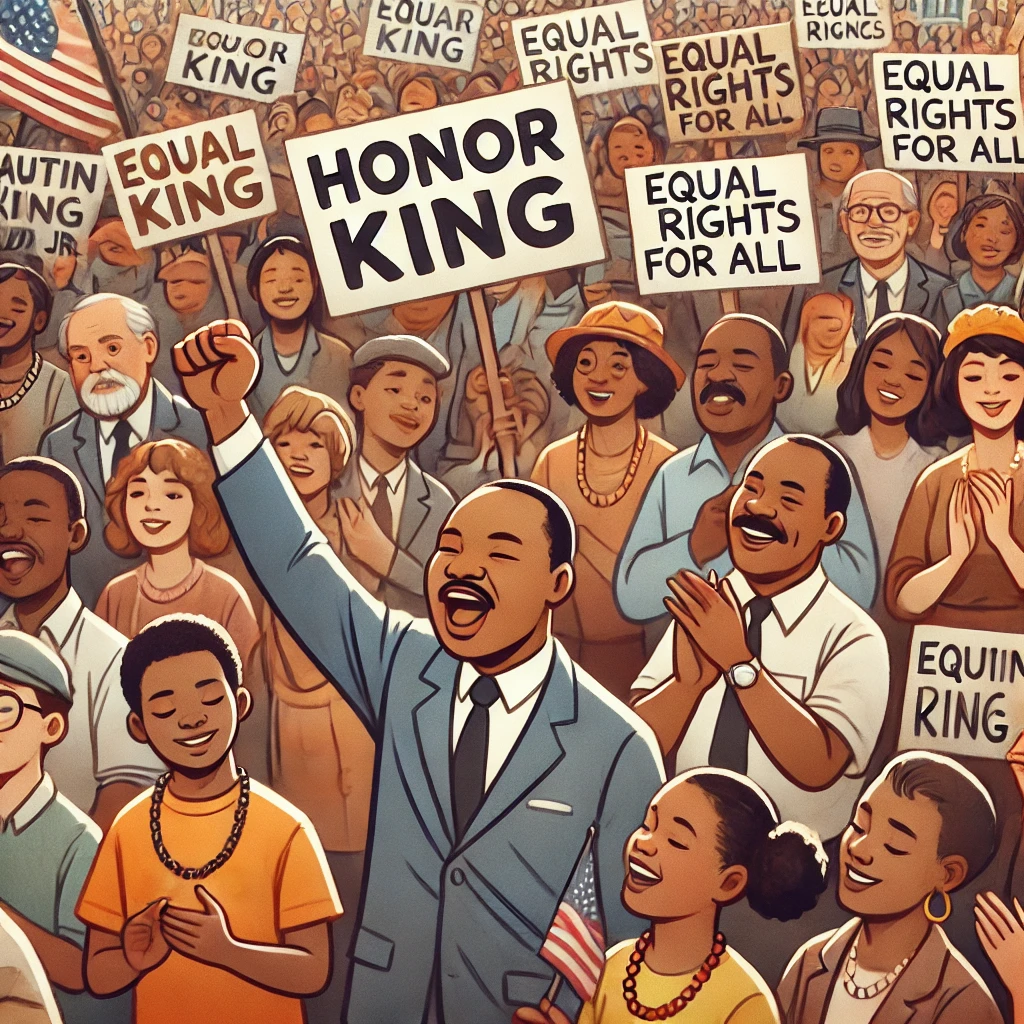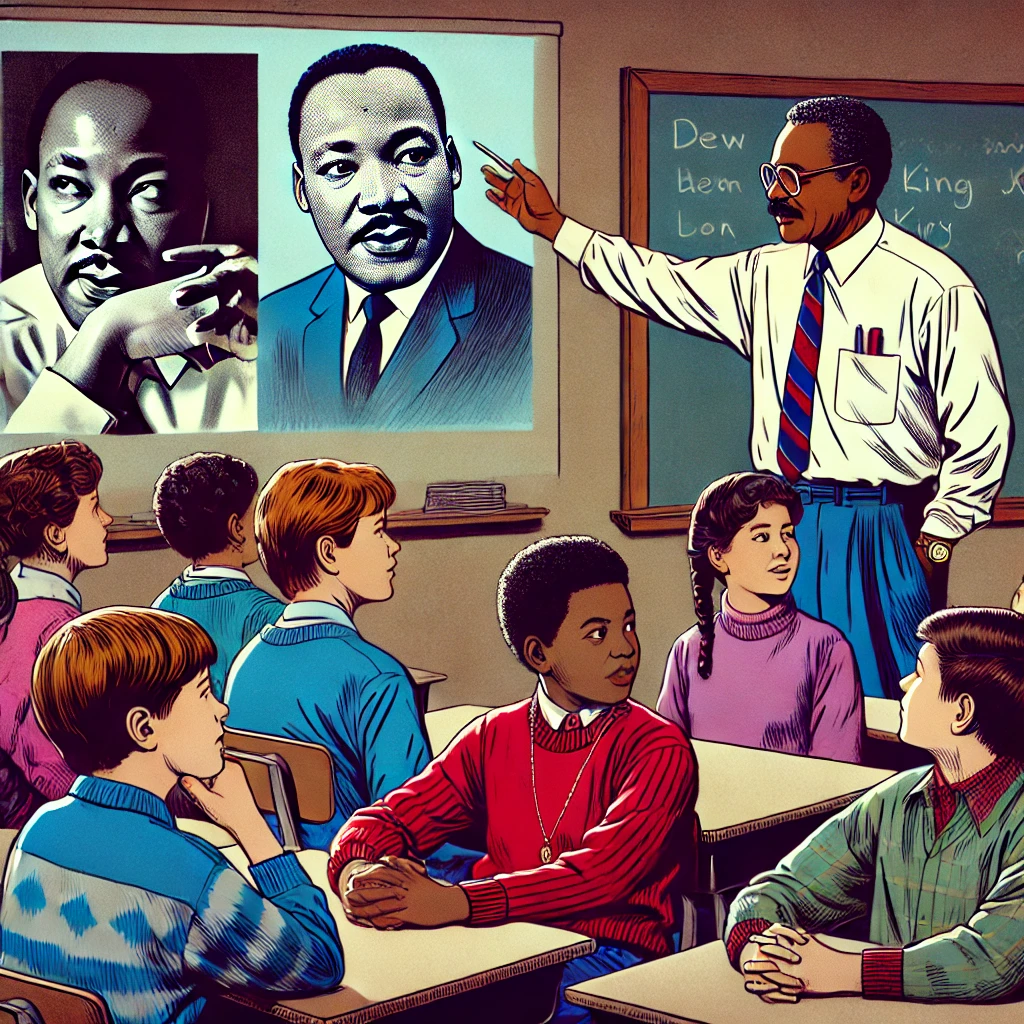On November 2, 1983, U.S. President Ronald Reagan signed a bill establishing Martin Luther King Jr. Day as a national holiday, designating the third Monday in January to honor the legacy of the civil rights leader. This monumental decision came after years of advocacy and public support for recognizing King’s contributions to the American civil rights movement, cementing his role as a symbol of the struggle for equality and justice in the United States.

The Journey to a National Holiday
The movement to honor Martin Luther King Jr. with a national holiday began shortly after his assassination in 1968. Advocates, including civil rights leaders and supporters, campaigned tirelessly for a day dedicated to commemorating King’s work and promoting his vision of equality and nonviolence. Initially, efforts to establish the holiday faced resistance, with some lawmakers arguing against the need for an additional federal holiday.
Support for the holiday gained momentum over the years, fueled by grassroots movements and public opinion. In 1979, a bill was introduced in Congress, and the push continued as millions of Americans recognized King’s enduring impact on society. The dedication of the holiday was seen as an essential step in acknowledging the contributions of African Americans to the nation and the ongoing struggle for civil rights.

The Significance of Martin Luther King Jr. Day
The establishment of Martin Luther King Jr. Day marked a significant moment in U.S. history, reflecting a growing commitment to honor the ideals of justice and equality. The holiday serves as a reminder of King’s teachings, including the importance of nonviolent protest and the pursuit of civil rights for all individuals, regardless of race. It encourages reflection on the progress made since the civil rights movement while highlighting the work still needed to achieve equality.
Every year, Martin Luther King Jr. Day is observed with various events, including community service projects, educational programs, and memorials. The day is not only a time to remember King’s contributions but also an opportunity for individuals and communities to engage in acts of service, embodying his message of social justice and civic responsibility. These observances reinforce the significance of King’s legacy and inspire ongoing efforts for social change.
Lasting Impact and Legacy
The signing of the bill by President Reagan on November 2, 1983, has had a lasting impact on American society. Martin Luther King Jr. Day is now recognized as a federal holiday, celebrated across the nation. It has become an integral part of American culture, representing a commitment to honoring civil rights and promoting equality. The holiday provides a platform for discussions about race, justice, and the ongoing fight against discrimination, ensuring that King’s message remains relevant.

The legacy of Martin Luther King Jr. continues to inspire new generations to advocate for justice and equality. His dream of a society free from prejudice resonates today as activists work to address systemic injustices and promote civil rights. The observance of Martin Luther King Jr. Day serves as a powerful reminder of the importance of community engagement and activism in achieving social change.
On November 2, 1983, the establishment of Martin Luther King Jr. Day as a national holiday represented a significant recognition of the civil rights leader’s contributions to American society. The holiday encourages reflection on the ideals of justice, equality, and service, reinforcing the values that King championed throughout his life. As we honor this day each year, we are reminded of the ongoing struggle for civil rights and the power of individuals to effect change, ensuring that King’s legacy continues to inspire and uplift future generations.
